
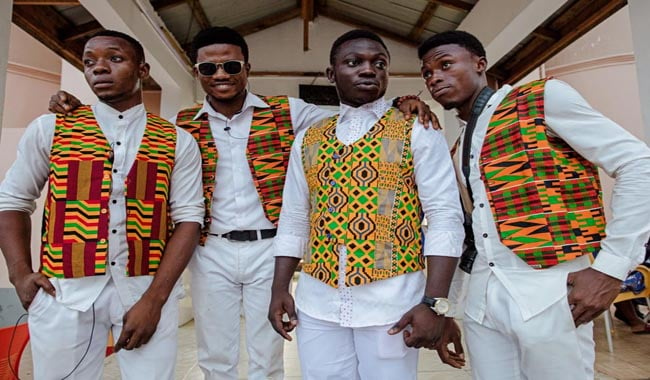
KUMASI, Ghana: Ghana is famous for its peaceful democracy, its food and music, its traditional chiefs and its status as the first sub-Saharan country to gain independence. Another reality increasingly shapes its national identity: Christian faith.
The country is central to an explosion of faith that puts West Africa at the heart of global Christianity, said professor Kwabena Asamoah-Gyadu of Trinity Theological Seminary in Accra.
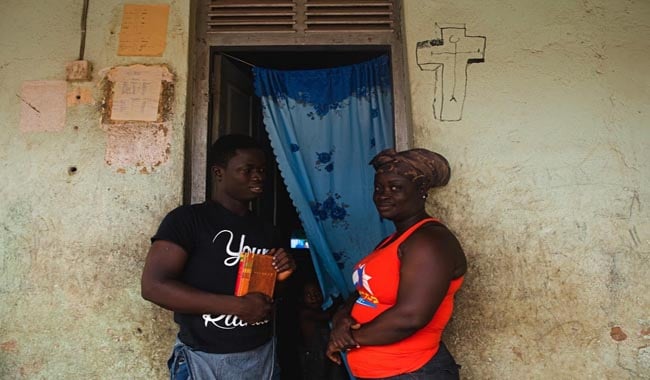 More than 70 percent of Ghana's 26 million people are Christian. The statistics understate the fervency of everyday faith. Many attend church on weeknights. All night prayer vigils are common and billboards advertising Christian meetings line the streets.
More than 70 percent of Ghana's 26 million people are Christian. The statistics understate the fervency of everyday faith. Many attend church on weeknights. All night prayer vigils are common and billboards advertising Christian meetings line the streets.
It's common to see people studying the Bible on the bus and many office workers keep open Bibles on their desks. Mega-church pastors such as Mensa Otabil are revered, according to opinion surveys.
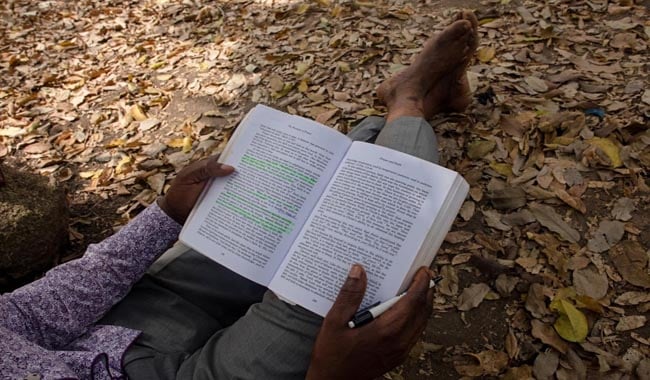 "By the middle of the 20th century scholars ... started predicting that Africa (and Latin America) was going to be the hotbed of Christianity," said Asamoah-Gyadu, an authority on African Christianity.
"By the middle of the 20th century scholars ... started predicting that Africa (and Latin America) was going to be the hotbed of Christianity," said Asamoah-Gyadu, an authority on African Christianity.
"What happens in the minds of African Christians was going to shape church history for many years to come," he said.
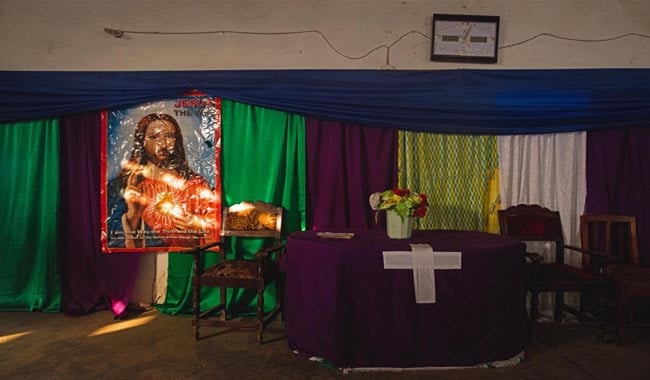
Some 41 percent of the world's 560 million Protestants live in Africa and it could rise to 53 percent by 2050, said an article this year in the International Bulletin of Mission Research. Muslims are a minority in Ghana.
Isaac Ollennu's story is typical. The 36-year-old Accra resident works with a Chinese import company, putting him in the middle class. He says he prays throughout the day and often wakes at 3 a.m. to pray.
"My faith is everything to me," he said.
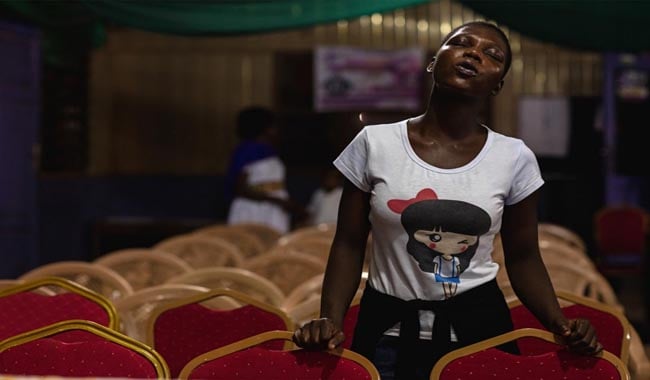
Christianity was brought to the Gold Coast by Roman Catholics and mainstream Protestants but Pentecostal faith featuring ecstatic worship and in a God of miracles has underpinned the recent rise of faith, said Asamoah-Gyadu.
"Pentecostal religion promises breakthroughs ... You tithe, you pray and you will get (what you want)," he said. Churches spread because authority flows through spiritual experience, rather than church hierarchy or formal education.
Charismatic faith came from North America and people were receptive because it chimed with traditional beliefs in which people appeal to spirits to solve problems, he said.
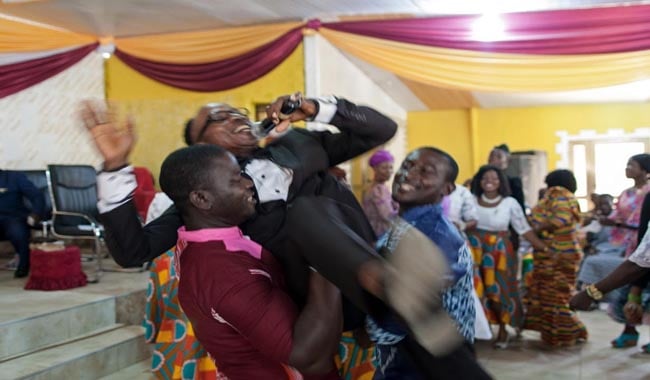
It also appealed to social aspirations. Wealthy pastors are seen as blessed and their entertaining, informal services cater to popular taste. Nana Kofi Acquah, a preacher, said Christian leaders also make faith compatible with Ghanaian culture.
"There's a new generation that doesn't want to apologise for being African and also wants to embrace Christianity," he said.